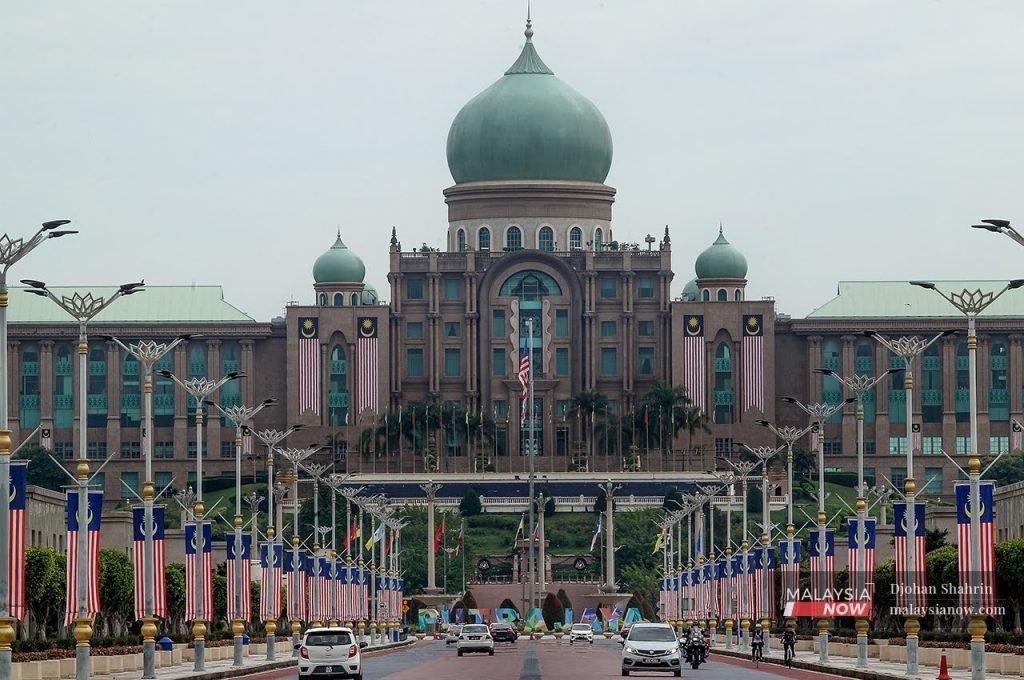What #KerajaanGagal really means
To blame our government for failing to tackle the Covid-19 crisis and to perpetuate the use of '#KerajaanGagal' doesn't do justice to its many efforts.
Just In
Recently, Malaysian social media users were deluged with the #KerajaanGagal hashtag. “Kerajaan gagal” literally means a “failed government” in Malay.
What does the hashtag mean and why did it trend? The popular narrative is that it’s a reflection of the pent-up feelings among Malaysians over the government’s failure to manage the Covid-19 pandemic, as well as its knock-on effect on the economy, especially when it comes to jobs and weak market sentiment.
As for the timing, it coincided with a statement by Health Minister Dr Adham Baba that Malaysians may not be able to balik kampung during the Hari Raya festival to curb the spread of Covid-19. Their frustration comes from the fact that this is the second consecutive year the government has put a stop to the annual Hari Raya balik kampung exodus.
The restlessness in certain segments of the community is understandable. But to accuse the government of having failed in discharging its fundamental duties is simply hyperbole, bordering on self-deception.
Let me offer my two cents on what #KerajaanGagal actually means. It means the government lifting the barrier to interstate travel, allowing the coronavirus, with all its mutated variants, which could be more resilient against current vaccines, to spread far and wide.
Have we not learnt from the Sabah election experience? Do we want the elderly in our home towns, who are in the high-risk category, to contract the coronavirus? Should the government dispense with sound medical advice and concede to the demands of the noisy few just to be popular in the short term?
And if truly the government has failed, what do we make of the billions of ringgit dished out to the people via a slew of intervention programmes like Penjana, Pemerkasa and Prihatin?
Didn’t the government put money in the pockets of the needy, like those who lost their jobs due to the pandemic, the vulnerable groups like single parents and the B40 segment? Didn’t the government throw a lifeline to employers such as through the provision of wage subsidies, to the tune of billions of ringgit, who otherwise would have let go of their staff?
Why would anyone describe as “#KerajaanGagal” a government which tabled its biggest budget ever this year and pulled out all the stops to keep the country afloat amid one of the toughest crises we have ever experienced?
In fact, failure to fix the economy is what “#KerajaanGagal” really means, not one that has steered the economy to grow by 6% this year according to the World Bank’s projection, from a contraction of 5.6% last year.
As for the rising number of Covid-19 cases following a brief respite, it should be pointed out that what’s happening in Malaysia is in line with the global trend. Health director-general Dr Noor Hisham Abdullah has said that even countries which started their vaccination programmes earlier, like the US, have seen a surge in cases recently.
Those upset that Malaysia has not done enough to curb the spread of Covid-19 should realise that dealing with the coronavirus is a relatively new experience worldwide. Epidemiologically, research on the virus is in its early stages relative to other pathogens. Countries like South Korea and Thailand, which were initially lauded for handling the outbreak, are now struggling to keep the virus at bay.
To blame our government for failing to tackle this problem and to perpetuate the use of “#KerajaanGagal” doesn’t do justice to its efforts. While there is room for improvement, all we need is a good dose of honesty to acknowledge that this is anything but a “failed” government.
The views expressed in this article are those of the author(s) and do not necessarily reflect the position of MalaysiaNow.
Subscribe to our newsletter
To be updated with all the latest news and analyses daily.
